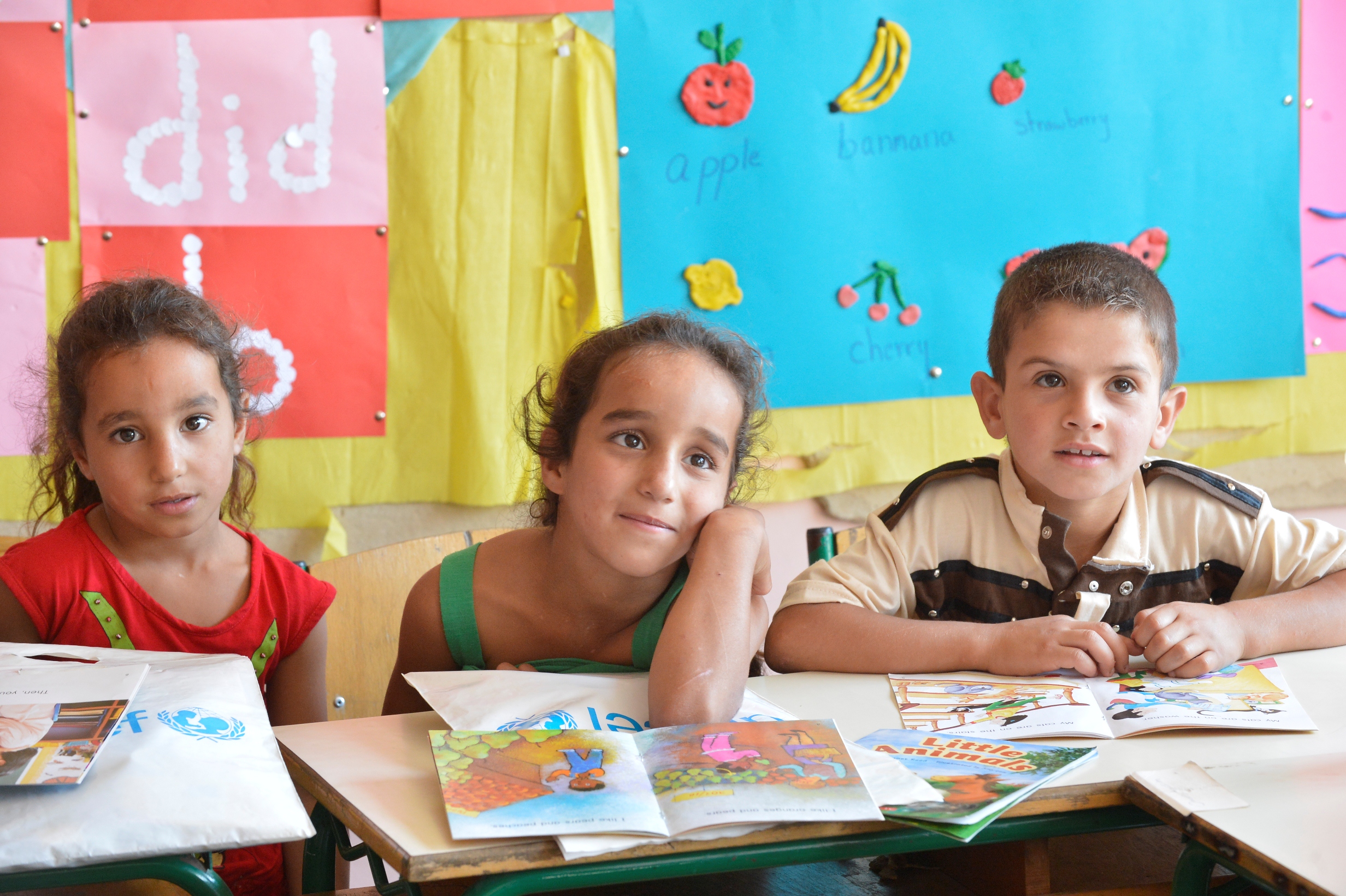Most of you have probably heard of “Humans
of New York”, the photojournalistic work founded by Brandon Stanton. It now has
over 17 million likes on Facebook and 4.9 million followers on Instagram. Humans
of New York began as a photography project in 2010. Brandon’s initial goal was
to photograph 10,000 New Yorkers on the street, but over time it turned into
much more. Over the past five years, Brandon has travelled and featured stories
from over 20 different countries. About four months ago, he travelled to Greece
and interviewed people affected by the crisis in Syria.
 The story the
young man above shared really stuck with me. You can read it here. Before the war,
he joined the Syrian army because he wanted to serve his country. But then
things got bad, and he was “forced to do horrible things”. He was commanded to
lead an attack on a village and kill every last person. “Anyone who
disobeyed would be killed themselves,” he said. He and the other soldiers tried
to aim above the heads of those running away, but forty people were still
killed. “A few nights later I fled in the middle of the night,” he told Brandon.
The story the
young man above shared really stuck with me. You can read it here. Before the war,
he joined the Syrian army because he wanted to serve his country. But then
things got bad, and he was “forced to do horrible things”. He was commanded to
lead an attack on a village and kill every last person. “Anyone who
disobeyed would be killed themselves,” he said. He and the other soldiers tried
to aim above the heads of those running away, but forty people were still
killed. “A few nights later I fled in the middle of the night,” he told Brandon.
I had never before
considered the Syrian crisis from this perspective—that of a soldier. I am sure
many young soldiers, like this one that Brandon happened to stop and talk to, don’t
want to be part of the inhumane violence. They are individuals with lives,
hopes, and ambitions, just like those on the other side of the conflict. It is difficult
to imagine being in the position of this young man. What was the right thing
for him to do as a soldier? March on obediently as he did, choose to be killed himself, try
to escape…? Reading his story has reminded me just how complex the Syrian
crisis really is.
